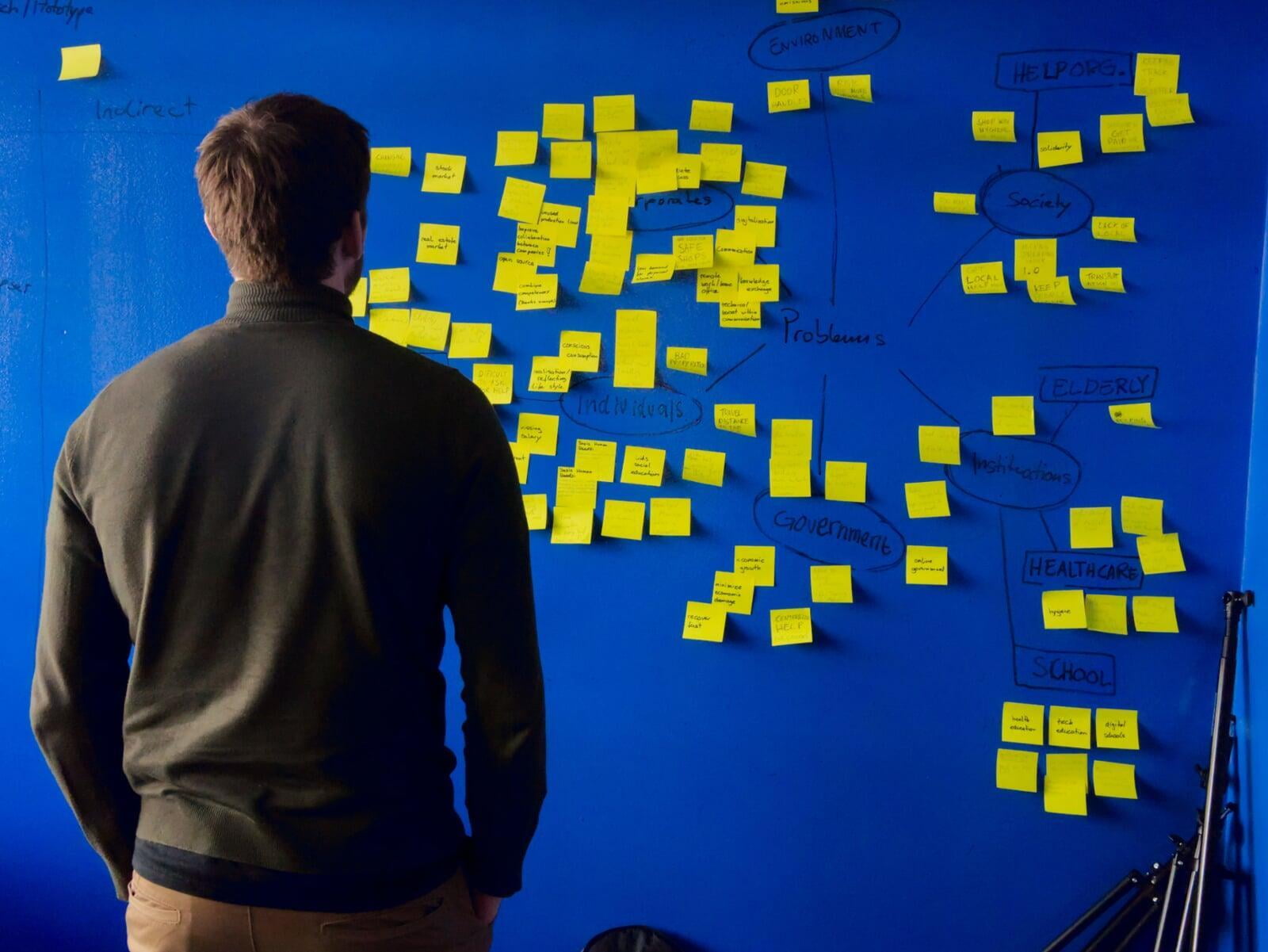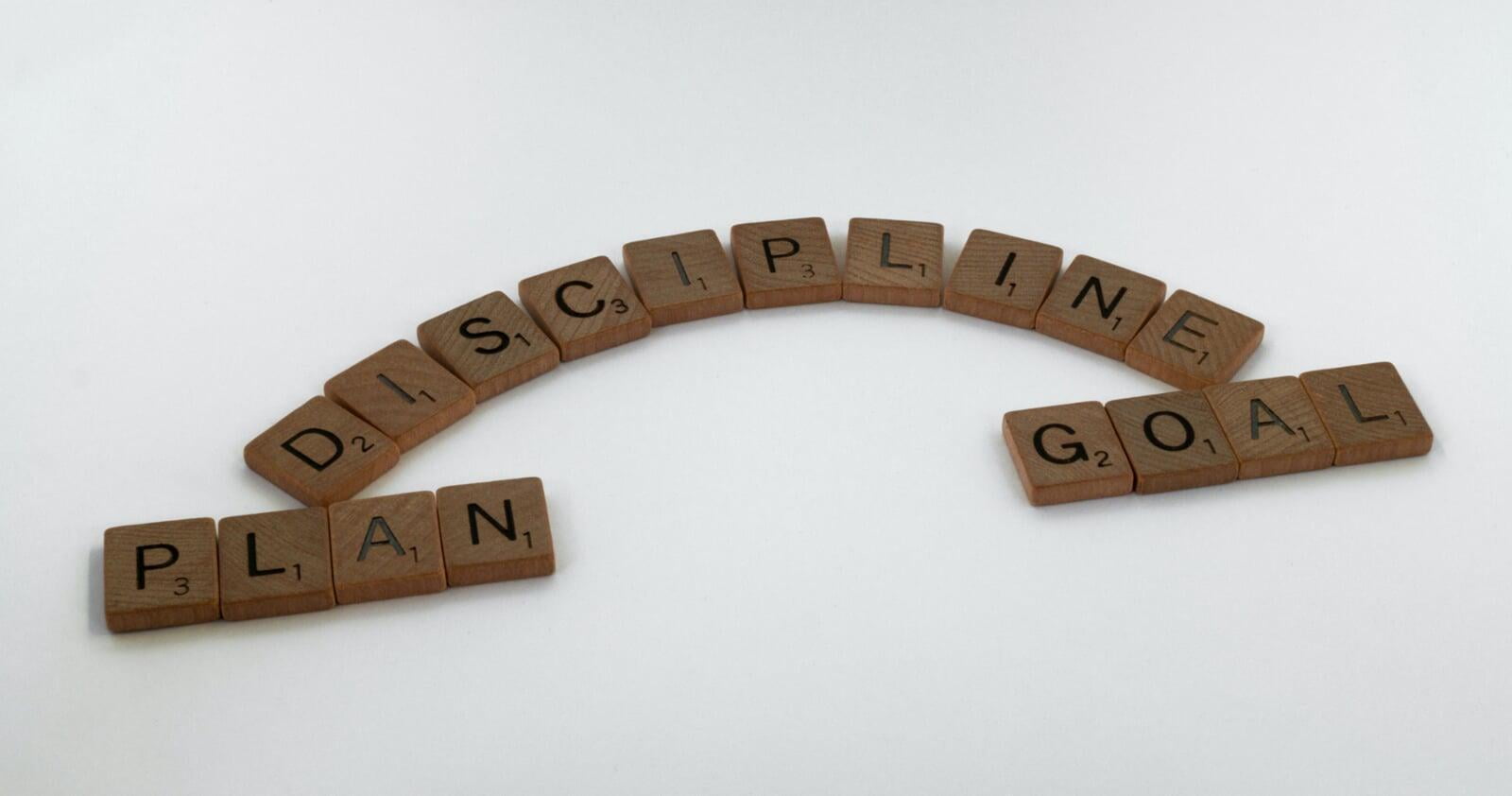
Like so many forces of nature, such as wind, water, or fire, commitment holds similar properties. It can be terrifying but, at the same time, a powerful force to propel us forward. It can be freeing and clarifying if channeled properly and combined with acceptance.
Let’s take a look at Jack and his work situation. Jack has worked on acceptance of the situation at work with his boss, coworkers, and customers. However, despite his acceptance for the reality of his situation, Jack admits that he just doesn’t like what he is doing anymore. Despite his efforts and attempts, things are not changing. What are his options? Is the grass really greener on the other side, or will he end up getting stuck and frustrated somewhere else? These questions bombard Jack and leave him paralyzed.
How could commitment help in his situation?

While it could be argued that if Jack were truly “committed” then he would just “suck it up” and “stick it out” at his current job; however, in taking a deeper look at commitment, it’s an agreement to follow through with something. It means ruling out or setting aside other things to focus on one course of action. However, while it can be a “long-term” commitment, not every commitment requires an undetermined length of time.
While making a commitment can be scary because it forces us to settle in and focus on one thing for a time, it also can be a powerful motivator because it frees us to focus instead of being frenzied in multiple directions or paralyzed with indecision.
Commitment helps us screen out the clutter and just focus on the next thing that needs to be done. It inspires us to think creatively to discover ways of making our situation work. This applies to our work life as well as to our relationships.
On the other hand, without commitment as a driving force, we can end up like a rudderless ship. With so many things clamoring for our attention, how will we know what direction is best without commitment informing our choices?

How Does Commitment Work?
Commitment allows us to:
· Clarify our goals
· Think creatively
· Screen out the clutter
· Do one thing—the next thing—not everything
How Does Commitment Work?
· Clarify our goals
· Think creatively
· Screen out the clutter
· Do one thing—the next thing—not everything
Back to Jack
Jack evaluated his situation at work with his boss, coworkers, and customers. He accepted the situation and worked on managing his interactions. With time and continued evaluation, he accepted the reality that this workplace might not be the right one for him at this time. He chose to investigate two or three careers that interested him. He decided on one that would be a simple transition. He dedicated (or committed) himself to that new career for six months. By committing to a timeframe and not a nebulous “forever,” this freed him to focus on the task at hand for the time he determined.
Consequently, he found a job in his new field within a month, and he enjoyed the change. By committing to this course of action, he wasn’t thinking about the places he could have been working at or other career options because this choice was a good choice for this timeframe, and he was enjoying where he was at this moment. This provided motivation to continue his commitment without the guilt of rehashing “what-ifs” and other unexplored paths. He was free to follow the path he chose and fully live and be present in the moment and find contentment there.
How Can Commitment Help Me?

Commitment can often seem daunting and unrealistic or unattainable. But if we instead view it in “chewable bites" or seasons, this allows us the freedom to change and grow and try new things. From that springboard, we are able to commit. If our endeavor does not go well, we can then accept it, examine our options, select a different course of action, and commit to that.
The water in a stream is always moving and adapting, even if it looks like it’s staying in the same place. Similarly, we are not stuck.
Commitment, combined with acceptance, gives us the freedom to evaluate, adapt, implement changes, and, ultimately, come to a place of greater contentment. When we accept, form a plan, and commit to that course of action, this can lead to positive change in our lives.
